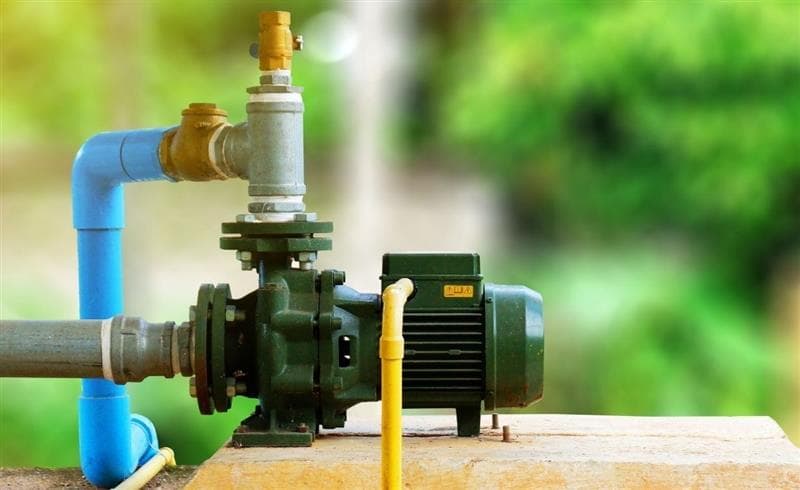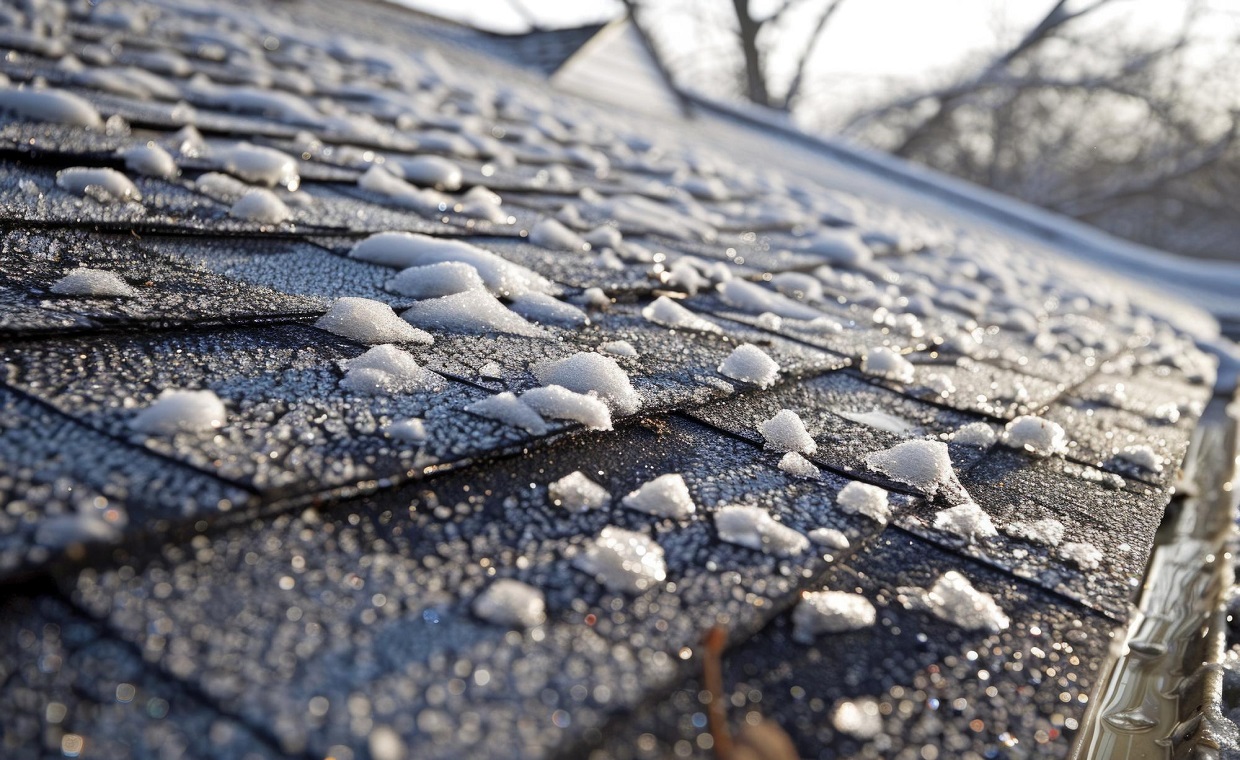
Table of Contents
When it comes to protecting your home and garden, finding the best water pump is essential. Whether you are dealing with flooding, low water pressure, or simply want an efficient way to move water, choosing the right pump can save you time, money, and stress. In this guide, we will walk you through how to choose water pump for your home.
Why it’s Essential to Choose the Right Water Pump?
A quality water pump is more than just a convenience; it’s an investment in protecting your property and enhancing your home’s functionality. Here’s why choosing the best water pump matters:
- Prevents Water Damage: Quickly removes excess water to prevent flooding and water damage.
- Ensures Steady Water Pressure: Keeps your showers, taps, and appliances running smoothly.
- Maintains Garden Irrigation: Efficiently moves water for gardening needs.
- Saves Money: A good pump prevents costly repairs and reduces energy bills through efficient operation.
With the right pump, you can ensure your home remains in top condition and avoid unnecessary stress down the line.
Key Types of Water Pumps to Consider
Different situations call for different pumps. Knowing which type of pump works best for your specific needs will ensure you get the most out of your investment. Here’s a breakdown of the main types of water pumps:
- Submersible Pumps: Best for draining large amounts of water from basements, pools, or ponds. These pumps work underwater to remove water efficiently.
- Sump Pumps: Ideal for homes with basements, these pumps automatically remove water from sump pits to prevent flooding.
- Booster pumps: If low water pressure is a concern in your showers, taps, or appliances, a booster pump will increase the pressure to give you a steady flow of water.
- Garden pumps: Use these to water your garden by pumping water from your rainwater tanks or wells directly to your plants.
- Rainwater harvesting pumps: These eco-friendly pumps help you store and use rainwater, lowering your water bills and helping the environment.
- Each pump serves a specific purpose, so selecting the right one will depend on what you need to do. Make sure to match the pump to your requirements.
Important Features to Look for When Selecting a Water Pump
Before purchasing the best water pump, it’s important to evaluate these key features to ensure the pump is up to the task:
- Flow Rate: The flow rate indicates how much water the pump can move within a specific period. Larger projects will need a higher flow rate to get the job done efficiently.
- Power Source: Water pumps can be electric, petrol-powered, or solar. Select the power source that works best based on your preferences and availability.
- Durability: Pumps are an investment, so look for models made from corrosion-resistant and durable materials that will stand the test of time.
- Noise Level: Consider where you’ll be installing the pump. If it’s near living areas, you’ll want a quieter model to avoid disturbing the household.
- Ease of Installation: Some water pumps are more complex to install than others. Choose a model that suits your experience level or opt for professional installation if necessary.
These features will ensure you’re purchasing a pump that’s not only efficient but also long-lasting.
Common Mistakes When Buying a Water Pump
To help you avoid common pitfalls when buying a water pump, here’s a list of mistakes you should avoid:
- Choosing the Wrong Pump Type: Ensure the pump matches the specific task you need it for. Don’t opt for a submersible pump if you need a garden pump, for example.
- Ignoring Flow Rate: A pump that’s too weak will underperform, while one that’s too powerful can be wasteful. Make sure the pump is the right size for your needs.
- Neglecting Maintenance: Pumps require upkeep to stay in good working condition. Don’t ignore maintenance tasks like cleaning and inspections.
- Underestimating Noise Levels: Some pumps can be quite loud. Always check the specifications or reviews to know what to expect, especially if you plan to install it indoors.
By avoiding these errors, you’ll ensure that your pump works as efficiently and reliably as possible.
Simple Tips for Keeping Your Water Pump in Top Condition
Maintaining your water pump is crucial to ensure it continues to function properly. Here are some easy maintenance tasks to keep your pump in optimal shape:
- Regularly Clean Filters: Keeping your filters clear ensures the pump works efficiently and avoids blockages.
- Inspect Hoses and Connections: Leaks or damage can cause issues with performance, so check these regularly.
- Test Your Pump Periodically: Don’t wait until you need it to check if it’s working. Run a quick test to make sure everything is in good condition.
- Store Pumps Properly: If your pump isn’t used year-round, make sure to store it in a safe place to prevent damage, especially for garden or rainwater pumps.
With just a little attention, your water pump can last for years and provide reliable service when you need it most.
Also Read: A Quick Guide to Air to Water Heat Pump






























